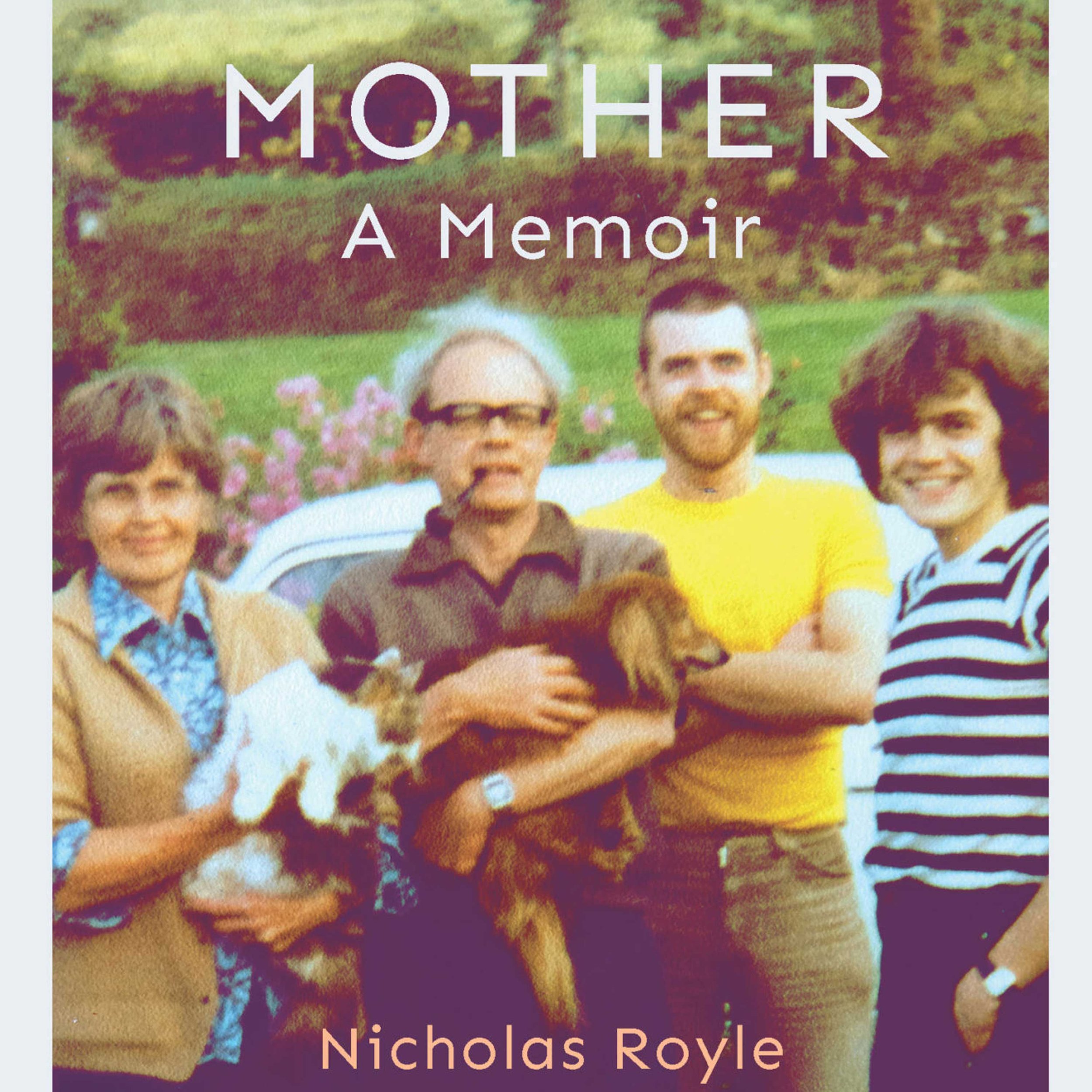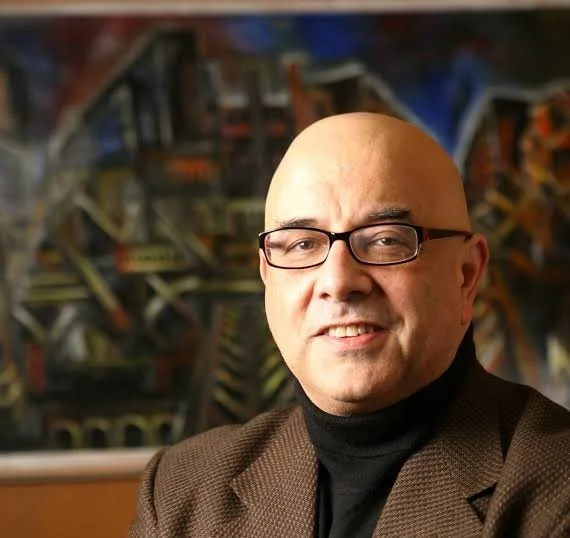Highlights - Amanda E. Machado - Writer, Public Speaker - Founder of Reclaiming Nature Writing
/Writer, Public Speaker, Facilitator · Founder of Reclaiming Nature Writing
So much of the travel industry was built on the idea of colonialism which really makes us all inherit this idea that whatever we need in life is going to come from seeking it elsewhere and grabbing it from somewhere else, I think looking at that, really deeply thinking about what is lost from that mindset and the harm that is caused by it has been something I've been trying to do over the last few years. And a lot of that has to do with land trauma, right? Like really acknowledging where our settlement of land comes from and how we can heal that in the ways that we travel.




















